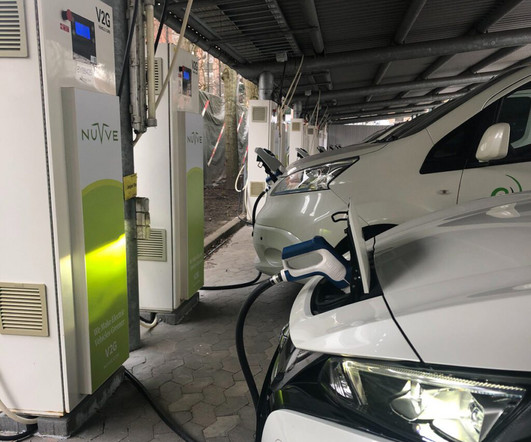Rice team awarded $3.3M ARPA-E OPEN+ grant to convert methane into carbon nanotubes and hydrogen
Green Car Congress
JANUARY 29, 2019
Rice University researchers have won a $3.3-million million Advanced Research Projects Agency - Energy (ARPA-E) OPEEN+ grant to develop a method to convert natural gas into carbon nanotubes for materials that can replace metals in large-scale applications. The research team includes Boris Yakobson, Rice's Karl F.










































Let's personalize your content